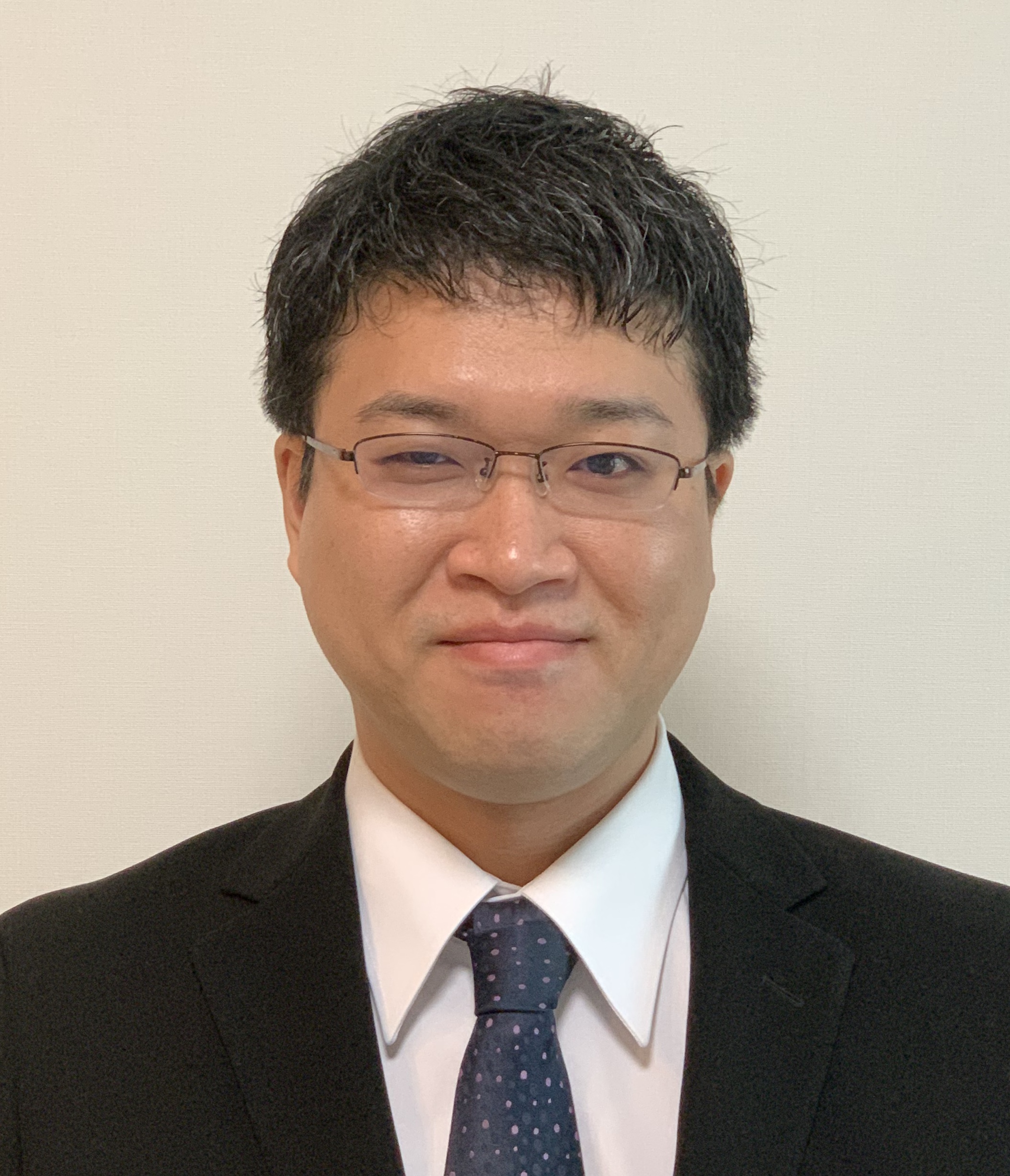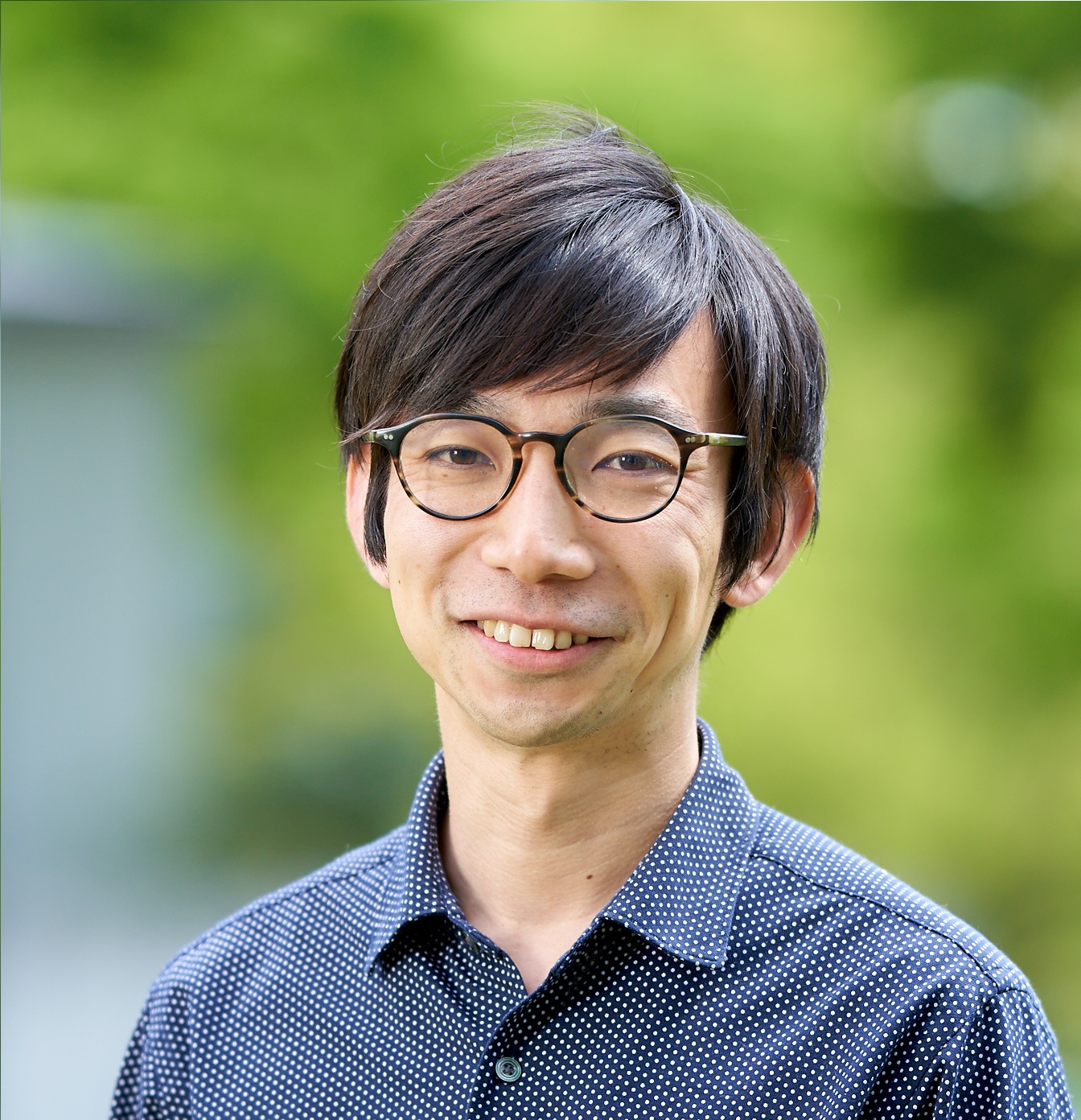ADMA2025 Tutorials
Tutorial 1
Title
Recent Advances in Large Language Models and Vision-and-Language Models
Abstract
Large Language Models (LLMs) have driven rapid progress in natural language processing, showcasing remarkable abilities in human–AI interaction, retrieval-augmented generation, and reasoning. Their success is largely attributed to pretraining on massive corpora and post-training with user–assistant interaction data, which together enable general-purpose linguistic intelligence. In the first part of this tutorial, we present a structured overview of the fundamentals of LLMs, including their architectures, training paradigms, and evaluation methodologies. Building on this foundation, the second part of the tutorial turns to the evolution from LLMs to vision-and-language systems. The remarkable advancements of vision-and-language foundation models in multimodal understanding and generation have sparked increasing efforts to extend such intelligence to a broader range of applications. In particular, we focus on visually-rich document understanding, where text is interpreted not only as plain sequences but also in conjunction with layout, formatting, and visual context, thereby enabling more comprehensive and context-aware document comprehension.
Biography
Kyosuke Nishida received my B.E., M.I.S., and Ph.D. degrees in information science and technology from Hokkaido University, Japan, in 2004, 2006, and 2008, respectively. He joined NTT Inc. in 2009 and is presently a Senior Distinguished Researcher at NTT Human Informatics Laboratories. His current interests include natural language processing, vision-and-language, and artificial intelligence. He is a member of the Association for Computing Machinery, Information Processing Society of Japan, the Association for Natural Language Processing, the Institute of Electronics, Information and Communication Engineers, the Database Society of Japan.
Kosuke Nishida: He has worked for NTT Human Informatics Laboratories since 2017 and is currently an Associate Distinguished Researcher. He received his Ph.D. from the University of Tokyo in 2023. His research interests include natural language processing, and especially mathematical understandings of models and training algorithms for it.
Ryota Tanaka is an Associate Distinguished Researcher at Human Informatics Laboratories, NTT inc. He earned his Ph.D. in Information Science from Tohoku University. His research focuses on multimodal AI systems that integrate text and visual information, in particular, visually-rich document understanding, where he investigates methods for enabling machines to comprehend and extract information from complex documents such as forms, receipts, and scientific papers.
Tutorial 2
Title
Fairness in Graph Data Analysis
Abstract
Fairness in data science is a critical issue in various applications and has become one of the hot topics in research. In this talk, I will introduce the topic of fairness in graph data analysis. Graphs are particularly important in fairness research because they naturally represent relational structures, such as social networks, knowledge graphs, and recommendation systems, where biases can propagate and amplify through connections between individuals or entities. Understanding fairness in graph settings is therefore essential for addressing not only individual bias but also structural and relational biases. I will explore the types of biases present in graph data, review existing research, and conclude with a discussion of open problems in this area.
Biography
Yuya sasaki received the B.E., M.E, and Ph.D degrees from Osaka University, Japan, in 2009, 2011, and 2014, respectively. He is currently an Associate Professor in Graduate School of Information Science and Technology, The University of Osaka. His research interests include database systems, graph data analysis, and trustworthy artificial intelligence.
Tutorial 3
Title
Psychology Meets Data-Centric Computing
Abstract
Data-centric computing platforms are increasingly engaging with information that is either about humans (e.g., surveillance data), generated by humans (e.g., social media data), or directly consumed by humans as end-users. As a result, the effective and superior design of such platforms must consider relevant insights from social and cognitive psychology. This tutorial provides an overview of recent progress in the emerging field of psychology theory-informed design of data-centric computing systems–where design decisions are influenced not only by computer science theories but also by established theories from psychology. We examine methods and frameworks that embody this approach, particularly in the contexts of search and analytics. Furthermore, the tutorial outlines open challenges and promising directions for future research. Overall, we present a comprehensive summary of current work in this paradigm, offering researchers a clear view of the state of the art and guidance for future exploration.
Biography
Sourav S. Bhowmick is an Associate Professor in the College of Computing & Data Science (CCDS), Nanyang Technological University, Singapore. His research interests are in data management, human-data interaction, and data analytics. His research has appeared in premium venues such as ACM SIGMOD, VLDB, and VLDB Journal. He is co-recipient of Best Paper Awards in ACM CIKM 2004, ACM BCB 2011, VLDB 2021, and ER 2023. Sourav is serving as a member of the SIGMOD Executive Committee, SIGMOD Awards Committee, a regular member of the PVLDB advisory board, and an elected trustee of the VLDB Endowment. He is a co-recipient of several service awards including VLDB Service Award in 2018; Distinguished AE Award in SIGMOD 2021, SIGMOD 2023, VLDB 2022 and EDBT 2025; and Distinguished Reviewer Award in VLDB 2020 and VLDB 2023. He was inducted into Distinguished Members of the ACM in 2020. Sourav is a strong advocate of research that directly or indirectly impacts end users.
Tutorial 4
Title
Beyond Graph Learning: Ultra-fast Recommendations via Learning-Free Graph Filtering
Abstract
Graph Convolutional Networks (GCNs) have garnered significant attention as a neural network paradigm that integrates node attribute information with graph topology through message passing, enabling a wide range of graph-based downstream tasks. In this tutorial, I first elucidate the relationship between GCNs and graph filtering, corresponding to spatial and spectral methods, respectively. I then extend the concept of graph filtering to the recommendation domain. While GCN-based recommender systems have demonstrated strong predictive capabilities, they often suffer from long training times when handling large-scale interaction data and adapting to individual user preferences. To address this challenge, I present a new recommendation methodology that leverages predefined graph filters, thereby eliminating the need for computationally expensive training processes. Building upon the pioneering graph filtering framework for recommendations, I additionally present a more cost-efficient graph filtering approach that avoids costly matrix decompositions. Extensive experiments demonstrate that such graph filtering approaches achieve superior runtime efficiency and competitive recommendation accuracy. Finally, I discuss the applicability of this methodology to a diverse set of downstream recommendation tasks.
Biography
Won-Yong Shin received the Ph.D. degree in Electrical Engineering and Computer Science from Korea Advanced Institute of Science and Technology (KAIST), Daejeon, Republic of Korea, in 2008. In May 2009, he joined the School of Engineering and Applied Sciences, Harvard University, Cambridge, MA USA, as a Postdoctoral Fellow and was promoted to a Research Associate in October 2011. From 2012 to 2019, Dr. Shin was a faculty member (with tenure) in the Department of Computer Science and Engineering, Dankook University, Yongin, Republic of Korea. Since March 2019, he has been with the School of Mathematics and Computing (Computional Science and Engineering), Yonsei University, Seoul, Republic of Korea, where he is currently a Full Professor. He has also been affiliated with the Department of Battery Engineering at Yonsei University since October 2024. Since September 2022, he has been with the Graduate School of Artificial Intelligence at Pohang University of Science and Technology (POSTECH), Pohang, Republic of Korea, as an Adjunct Professor. He is a Co-founder of both KAILOS LAB, Inc., Seoul, Republic of Korea, and Prediction, Inc., Yongin, Republic of Korea. From 2014 to 2018, Dr. Shin served as an Associate Editor of the IEICE Transactions on Fundamentals of Electronics, Communications and Computer Sciences. He has served as an Associate Editor of the ICT Express. He also served as an Organizing Committee for a number of prominent conferences, including the 2015 IEEE Information Theory Workshop (ITW) and the 2023/2024/2025 IEEE Consumer Communications & Networking Conference (CCNC). Dr. Shin was a recipient of the Bronze Prize of the Samsung Humantech Paper Contest (2008/2022), the KICS Haedong Young Scholar Award (2016), and the ICT Express Best Guest Editor Award (2021).
Tutorial 5
Title
Real-time Mining of Big Time-series Data
Abstract
The emergence of various types of sensors, particularly Internet of Things (IoT) devices, has garnered considerable attention across diverse fields such as manufacturing, mobility, medical science, healthcare, environmental protection, and more. Sensors are small devices that gather a huge amount of data. Faced with such circumstances, one of the biggest challenges is to develop real-time data mining technologies for time-series data, specifically smart analytical tools that capture the latent time evolution. This tutorial provides a concise and intuitive overview of the most important tools that we can use to help us understand and find patterns in large-scale time evolving sequences. We also provide the intuition behind fundamental technologies for the real-time modeling and forecasting of big data streams, as well as to introduce case studies that illustrate their practical use.
Biography
Yasushi Sakurai received a B.E. degree from Doshisha University in 1991, and M.E. and Ph.D. degrees from Nara Institute of Science and Technology in 1996 and 1999, respectively. He joined NTT Laboratories in 1998. He was a visiting researcher at Carnegie Mellon University during 2004-2005. During 2013-2019, he was a Professor at Kumamoto University. Since 2019, he has been a Professor and Vice Director at Artificial Intelligence Research Center, The Institute of Scientific and Industrial Research, Osaka University. He received two KDD best paper awards in 2008 and 2010. His research interests include time-series analysis, web mining, and sensor data processing.
Yasuko Matsubara is an Associate Professor at Osaka University, Japan. She received her B.S. and M.S. degrees from Ochanomizu University in 2007 and 2009, respectively, and her Ph.D. from Kyoto University in 2012. She was a visiting researcher at Carnegie Mellon University in 2011-2012 and 2013-2014. She was an Assistant Professor at Kumamoto University, during 2014-2019. She has received the IPSJ/ACM Award for Early Career Contributions to Global Research (2018), ACM Recognition of Service Award (2020). Her research interests include time-series data mining and nonlinear dynamic systems.







